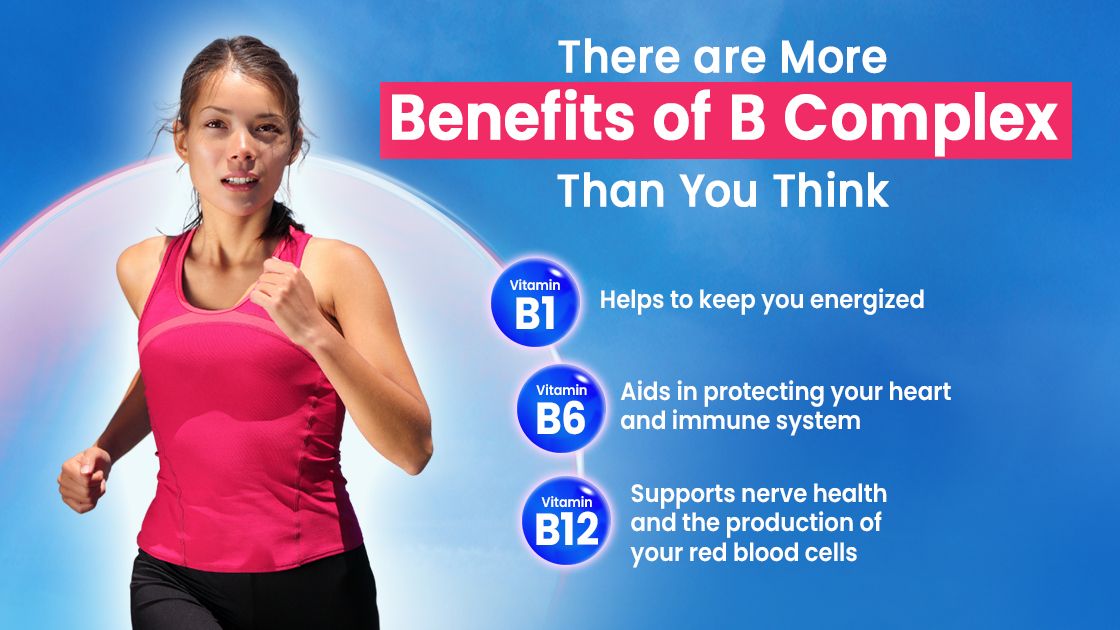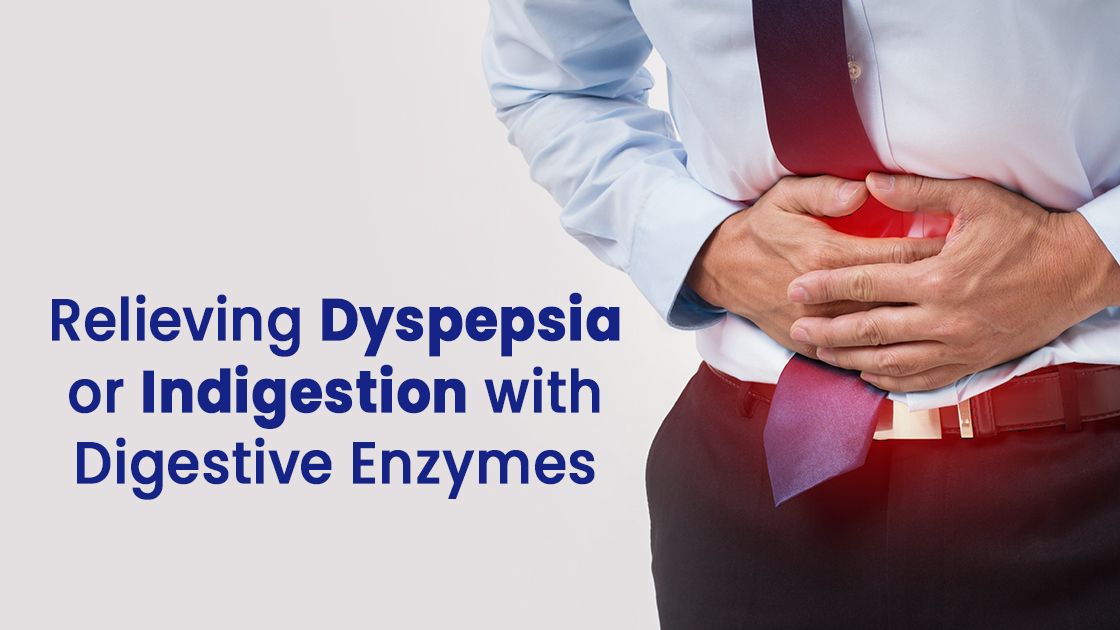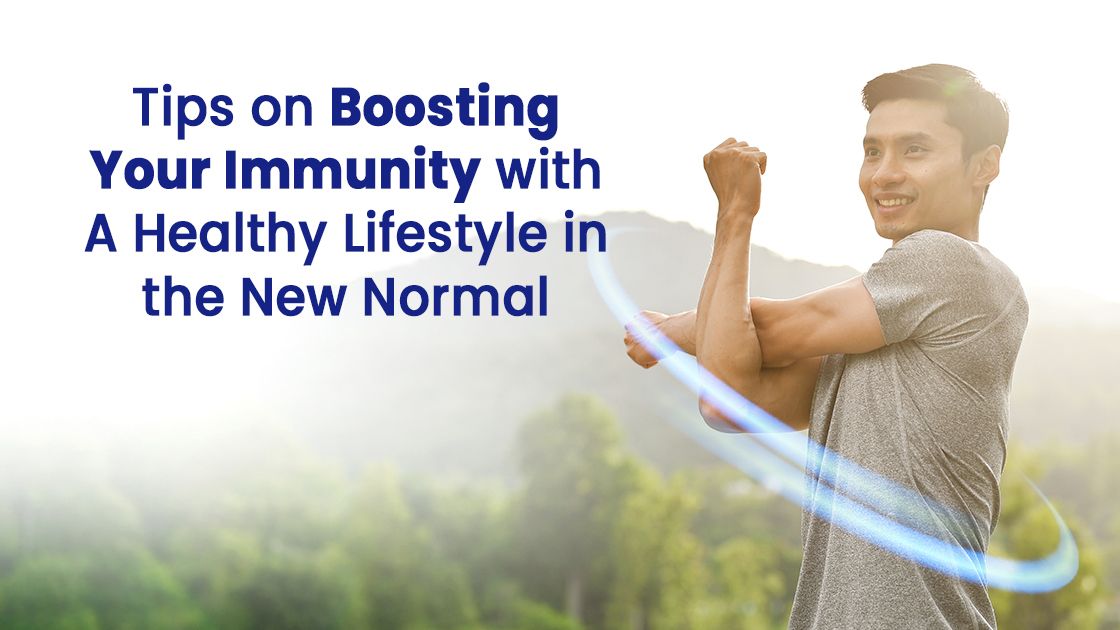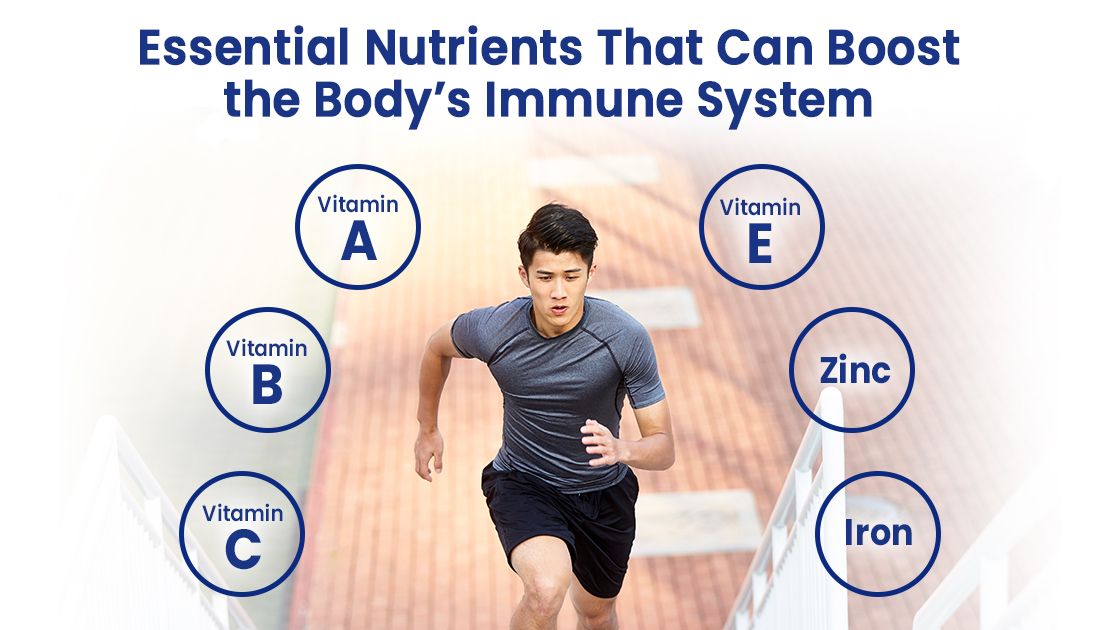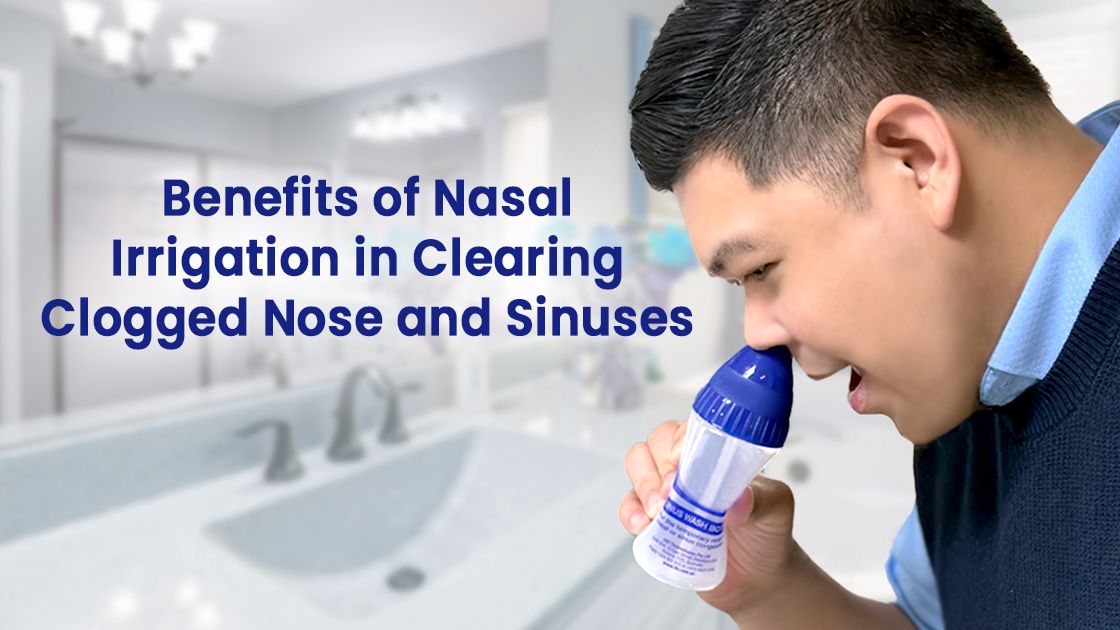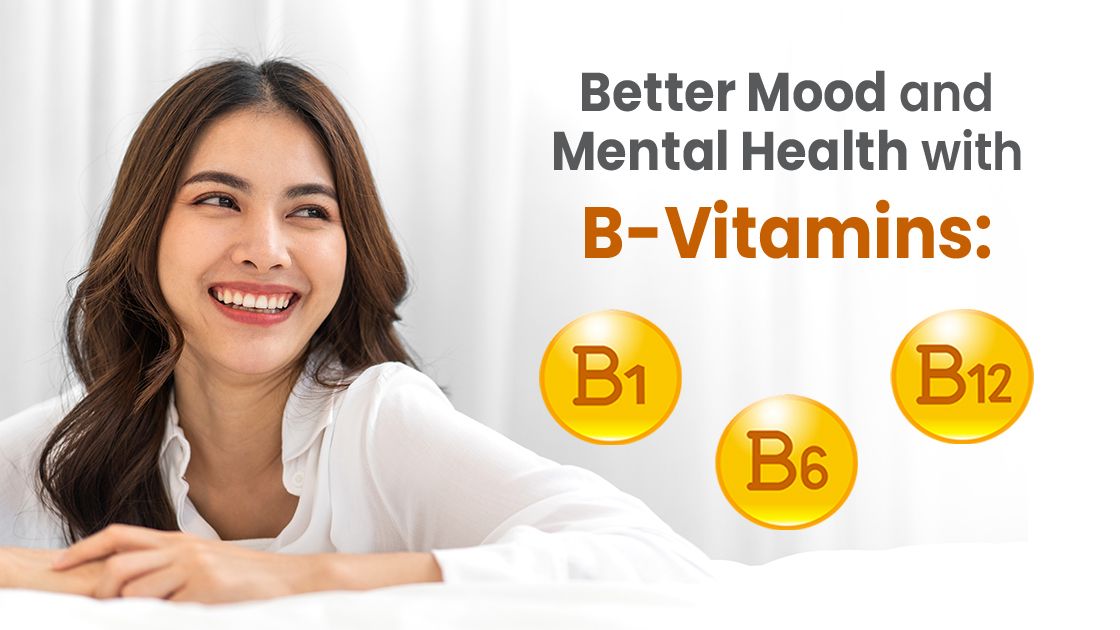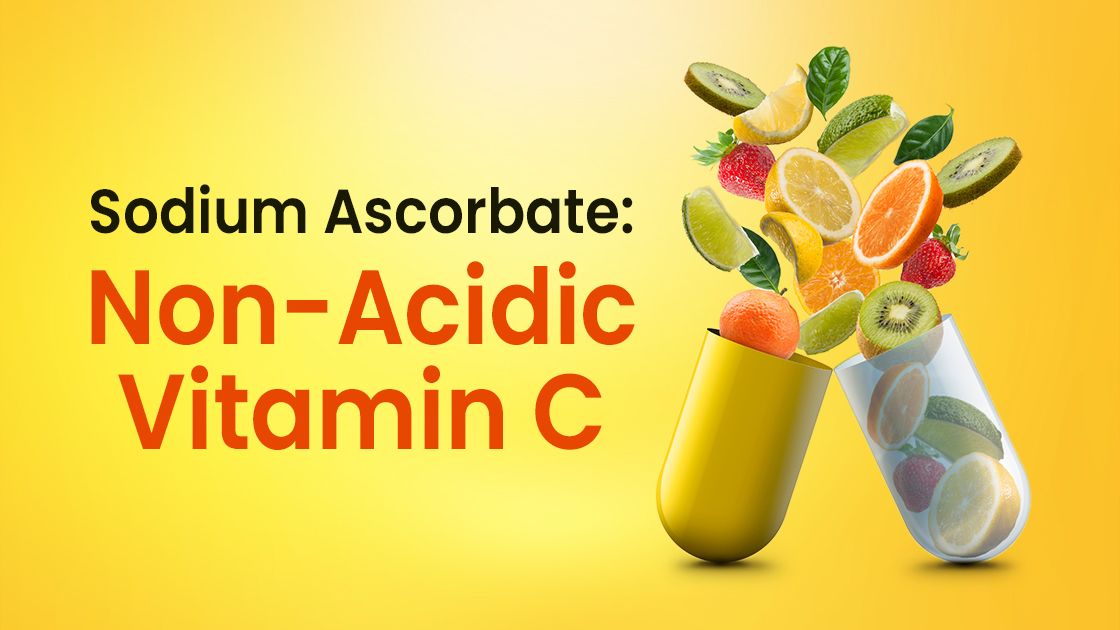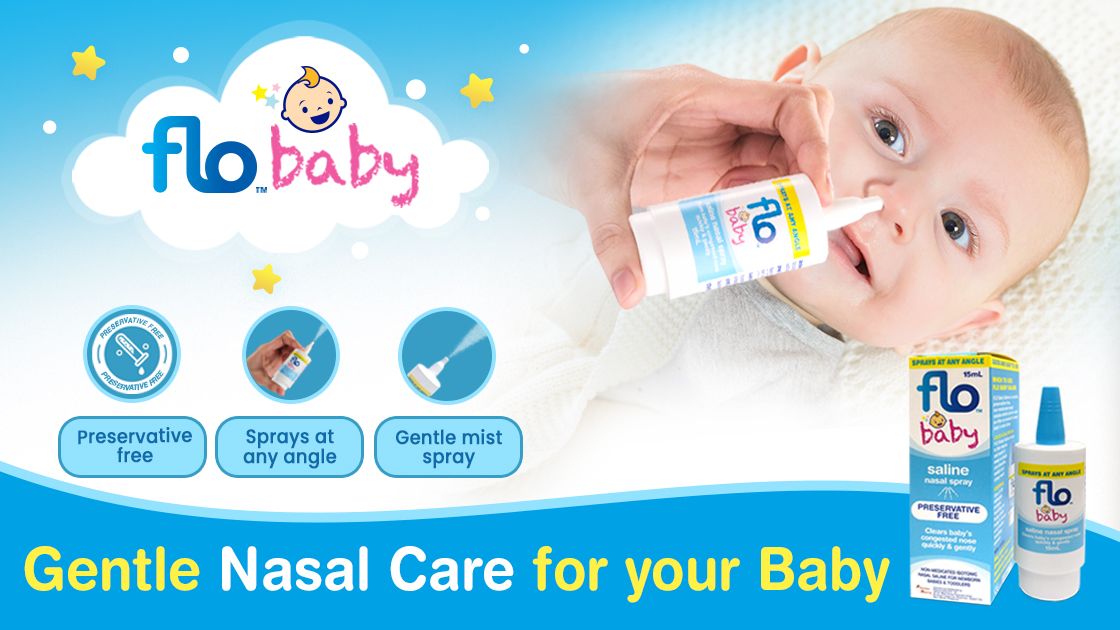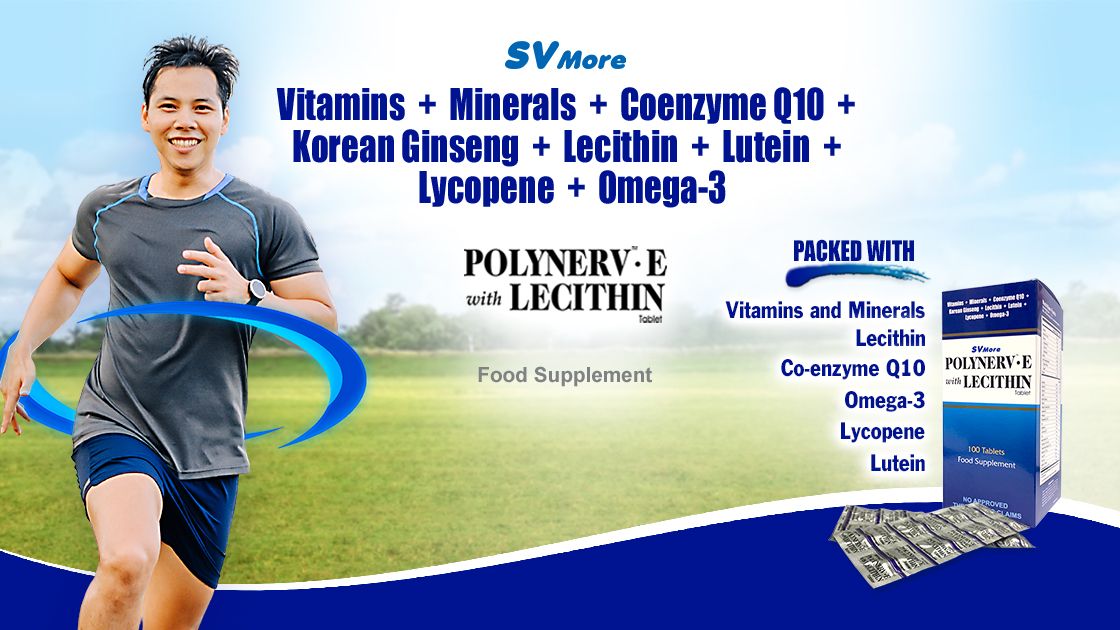There are More Benefits of B Complex Than You Think
Vitamins B1 (thiamine), B6 (pyridoxine), and B12 (cyanocobalamin), popularly known collectively as B complex, are nutrients essential for growth, good health and well-being. They play important roles in our body and are recognized to keep the blood, brain and nerves healthy. They are also known to support the immune system and cardiovascular health.
Although only small amounts are needed by the body, a person needs a regular supply of B vitamins. They must be taken daily because as water-soluble nutrients, B vitamins have little or no storage in the body. Vitamin B deficiency may result in disease conditions affecting various systems of the body.
Vitamins B1, B6, and B12 are required by the body for its basic functions. Acting as coenzymes in the body, they help numerous enzymes do their vital work in promoting metabolism particularly in processing food nutrients including breaking down carbohydrates, fats and proteins, obtaining energy from these nutrients, and building up new tissues and regulatory compounds.
Vitamin B1 aids in the conversion of carbohydrates that we eat into energy that will be utilized for the vital activities of the body organs including those of the muscles, heart, brain, and nerves. A lack of vitamin B1 leads to muscle weakness, low energy, restlessness, and heart and nervous system abnormalities.
Vitamin B6 aids numerous enzymes perform various functions, including the breakdown and formation of proteins found in the body tissues and regulatory substances such as neurotransmitters and immunoglobulins, commonly known as antibodies. Vitamin B6 plays a key role in the production of neurotransmitters, the brain chemicals that allow the nerves to communicate with each other and influence mood and mental function.
In a study appearing in the journal Human Psychopharmacology: Clinical and Experimental on November 2022, Vitamin B6 supplementation was reported to reduce anxiety and induce a trend towards lowered depression. The researchers attributed this to the role of vitamin B6 in the body’s production of gamma-aminobutyric acid (GABA), a chemical that is able to inhibit and modulate impulses in the brain thereby helping calm brain activity and reduce anxiety.
Deficiency of vitamin B6 may manifest as irritability, mood swings, weak immune system, and convulsions.
Vitamin B12 is needed to make DNA and is involved in the replication of body cells particularly in the formation of red blood cells. It is also important in the development and function of the brain and nerve tissues.
Vitamins B6 and B12 are required in breaking down homocysteine, an amino acid which is a by-product of the body’s metabolic processes. Elevated homocysteine levels, known as homocystenemia, is associated with an increased risk for various cardiovascular and neurologic disorders such as heart attack and stroke. Inadequate intake of vitamins B6 and B12 can lead to homocysteinemia. Homocysteine is normally cleared away through the reactions involving vitamins B6 and B12 and appropriate intake of these vitamins have been shown to help prevent homocysteinemia.
Vitamin B12 is found mainly in animal food such as meat and fish. Strict vegetarians who don’t eat meat are likely to suffer from vitamin B12 deficiency with potentially serious health complications.
Deficiency of Vitamin B12 can lead to muscle weakness, fatigue, anemia, nerve damage, and intestinal problems.
Though most individuals get enough B complex vitamins from a balanced diet, many people may have B vitamin deficiencies that result from intake of medications such as isoniazid for tuberculosis, proton-pump inhibitors for acid related disease, and metformin for diabetes mellitus and alcoholic beverages that impair the absorption of B vitamins. Increased needs for B complex is also associated with diabetes mellitus, viral illnesses and trauma leading to nerve damage or neuropathy.
Talk to your doctor for proper advice for B complex supplements.
This article is for educational and informational purposes only and is not intended as health or medical advice. Always consult a physician regarding any questions you may have about a medical condition.
References:
- Calderón-Ospina CA, Nava-Mesa MO. B Vitamins in the nervous system: Current knowledge of the biochemical modes of action and synergies of thiamine, pyridoxine, and cobalamin. CNS Neurosci Ther. 2020;26(1):5-13. doi:10.1111/cns.13207
- Field DT, Cracknell RO, Eastwood JR, et al. High-dose Vitamin B6 supplementation reduces anxiety and strengthens visual surround suppression. Hum Psychopharmacol. 2022;37(6):e2852. doi:10.1002/hup.2852
- Koklesova L, Mazurakova A, Samec M, et al. Homocysteine metabolism as the target for predictive medical approach, disease prevention, prognosis, and treatments tailored to the person. EPMA J. 2021;12(4):477-505. Published 2021 Nov 11. doi:10.1007/s13167-021-00263-0
